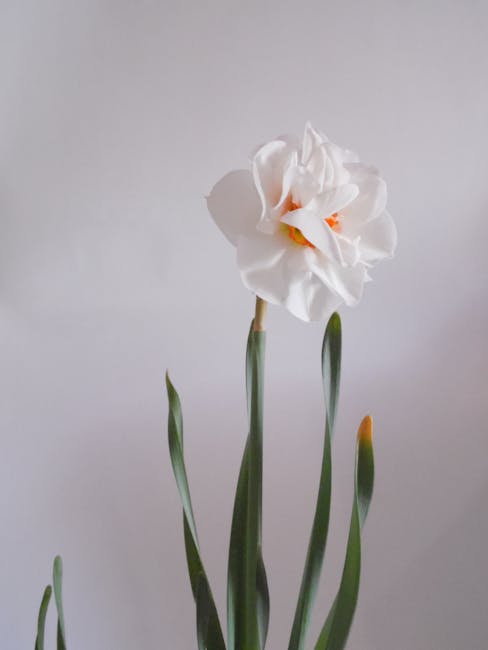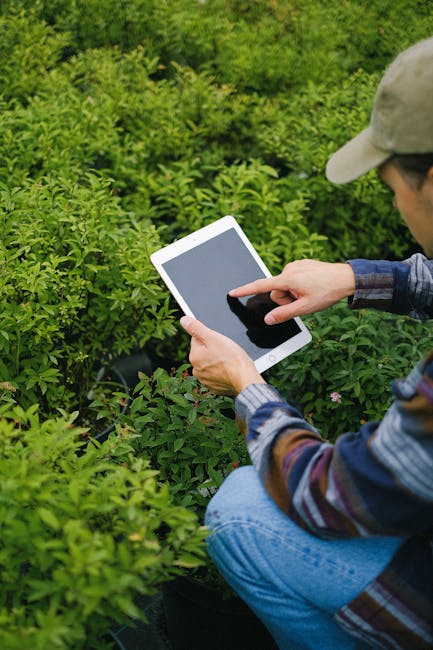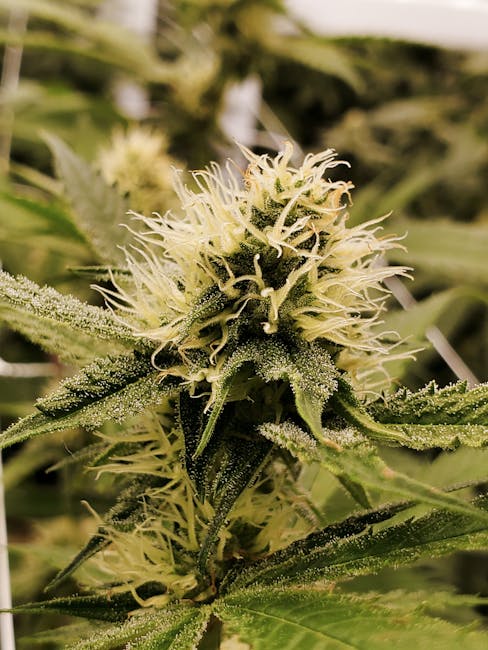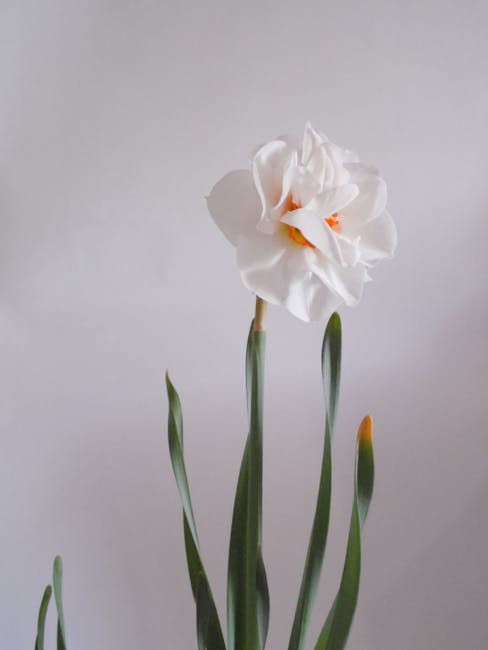Unlocking Nature’s Bounty: How to Use Cosmetics to Boost Your Garden’s Growth
For years, gardeners have relied on chemical fertilizers and pesticides to nurture their plants. But what if there was a more sustainable, readily available, and surprisingly effective alternative? The answer might be hiding in your bathroom cabinet: cosmetics.

Before you dismiss this as a whimsical notion, let’s explore the science behind using cosmetic products in your garden. While not a replacement for proper soil care and balanced nutrition, certain cosmetic ingredients can offer unexpected benefits when used responsibly and in moderation. This guide will delve into the specific cosmetic products that can aid your gardening endeavors, explaining how to use them effectively and safely, highlighting their benefits, and outlining precautions to take.
Understanding the Potential Benefits
The key to understanding the potential of cosmetics in gardening lies in their composition. Many products contain minerals, vitamins, and other nutrients that plants can absorb and utilize. However, it’s crucial to remember that these products are not designed for plant consumption, so application requires careful consideration.
- Nutrient Boost: Some cosmetics contain vitamins like A, B, C, and E, which can promote healthy plant growth. These vitamins act as micronutrients, aiding in various metabolic processes within the plant.
- pH Balancing: The pH of your soil significantly impacts nutrient availability. Certain cosmetics, particularly those containing acids or bases, can subtly alter soil pH, potentially making nutrients more accessible to your plants.
- Pest Deterrent: Strong scents in some cosmetics, such as essential oils found in perfumes, can deter certain pests from your garden. This is not a foolproof method, but it can offer a supplementary layer of pest control.
Cosmetics to Use (and How to Use Them Safely)
Not all cosmetics are suitable for gardening. Avoid products containing harsh chemicals, preservatives, or artificial colors. Focus on products with natural or organic ingredients.
1. Diluted Shampoo or Conditioner:
Shampoos and conditioners, particularly those containing natural oils and proteins, can improve soil texture and provide a mild nutrient boost. Dilute them significantly with water (a ratio of 1:10 or even more dilute) before applying to the soil. Avoid using shampoos containing sulfates, silicones, or harsh chemicals.
2. Expired or Unwanted Makeup:
Expired eyeshadow, foundation, blush, or other makeup that’s no longer suitable for personal use can be composted. The organic matter will break down and enrich the soil, but avoid products with synthetic ingredients or glitter.
3. Used Coffee Grounds:
Although not technically a cosmetic, many people consider used coffee grounds to be a byproduct of their beauty routine (e.g., DIY face scrubs). Coffee grounds are rich in nitrogen and improve soil drainage. However, they can also alter soil pH, so use them sparingly.

4. Essential Oil Sprays (with Caution):
Certain essential oils, such as peppermint, neem, or tea tree oil, have natural insecticidal properties. Dilute them extremely well with water (a few drops per gallon) and spray on plants affected by pests. Always test on a small area first to ensure no negative effects on the plants.
Precautions and Considerations
While some cosmetic products can benefit your garden, it’s crucial to approach this method with caution and responsibility:
- Dilution is Key: Always dilute cosmetic products significantly with water before applying them to your plants. Using undiluted products can burn or damage plants.
- Test on a Small Area: Before applying any cosmetic product to your entire garden, test it on a small section of plants to observe its effects.
- Avoid Harsh Chemicals: Avoid products containing parabens, sulfates, silicones, and other harsh chemicals. These can harm your plants and soil.
- Organic is Best: Opt for cosmetics with natural or organic ingredients for the best results and to avoid introducing potentially harmful chemicals into your garden.
- Moderation is Crucial: Don’t overuse cosmetic products. Excessive application can lead to nutrient imbalances and potentially harm your plants.
- Research Specific Plants: Different plants have different sensitivities. Research the specific needs of your plants before applying any cosmetic products.
- Consult with Experts: If you’re unsure about using cosmetics in your garden, consult with experienced gardeners or horticulturalists.
Sustainable Gardening Practices
Using cosmetic byproducts in your garden is just one aspect of sustainable gardening. It’s crucial to adopt a holistic approach, focusing on various eco-friendly methods:

- Composting: Composting kitchen scraps, yard waste, and other organic materials is a fantastic way to create nutrient-rich soil amendments.
- Water Conservation: Employ water-saving techniques like drip irrigation and mulching to reduce water waste.
- Pest Control Alternatives: Explore natural pest control methods such as companion planting and introducing beneficial insects.
- Soil Health: Regular soil testing helps you understand its composition and nutrient levels, allowing you to tailor your fertilization practices.
Conclusion
Using cosmetics in your garden can be a surprisingly effective way to supplement your plants’ nutritional needs and potentially deter pests. However, it’s crucial to proceed with caution, understanding the importance of dilution, testing, and choosing the right products. Remember that this should be considered a supplemental practice, not a replacement for proper soil care and balanced fertilization. By integrating this approach responsibly with other sustainable gardening practices, you can create a thriving and healthy garden while minimizing your environmental footprint.

